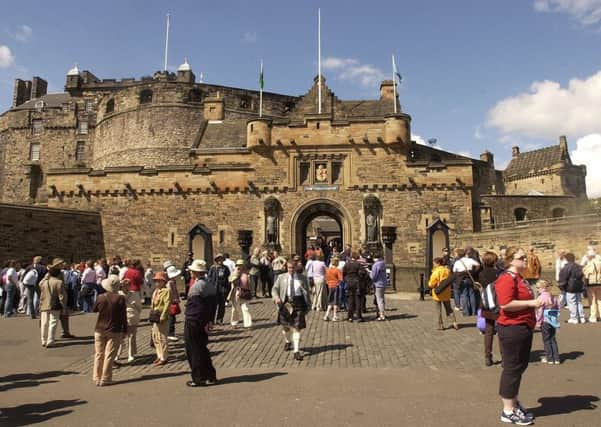Scottish tourism industry boosted by weak pound
This article contains affiliate links. We may earn a small commission on items purchased through this article, but that does not affect our editorial judgement.


The study, conducted for Royal Bank of Scotland by the Fraser of Allander Institute, found that confidence among the 450 businesses surveyed had risen, with a third expecting volumes to increase over the next six months. That compared with 26 per cent of firms that forecast a decline.
Although companies in the tourism sector have seen a rise in costs linked to the introduction of the national living wage, the decline in the value of sterling has had a positive impact, making it cheaper for those visiting Scotland from the US or Europe.
Advertisement
Hide AdAdvertisement
Hide AdMalcolm Buchanan, who chairs RBS’s Scottish board, said: “Despite a summer of political uncertainty, Scottish businesses are demonstrating resilience and there are signs of emerging optimism, which is encouraging for the future prospects for our economy.”
The survey came as Standard & Poor’s said the decline in the pound in the wake of the Brexit vote will boost the UK’s economy by about 1.2 per cent in the middle of 2018 and drive a 7 per cent rise in exports.
But the credit ratings agency also warned that the weaker currency would also hamper purchasing power and consumption, leading to an overall slowdown in economic growth for “several years”.
S&P has pencilled in UK GDP growth of 1.8 per cent this year, 1 per cent next year and 1.1 per cent in 2018. It said the economy would have expanded by 1.9 per cent in 2016, 2.1 per cent in 2017 and 2 per cent the year after if Britain had not voted to leave the EU.
